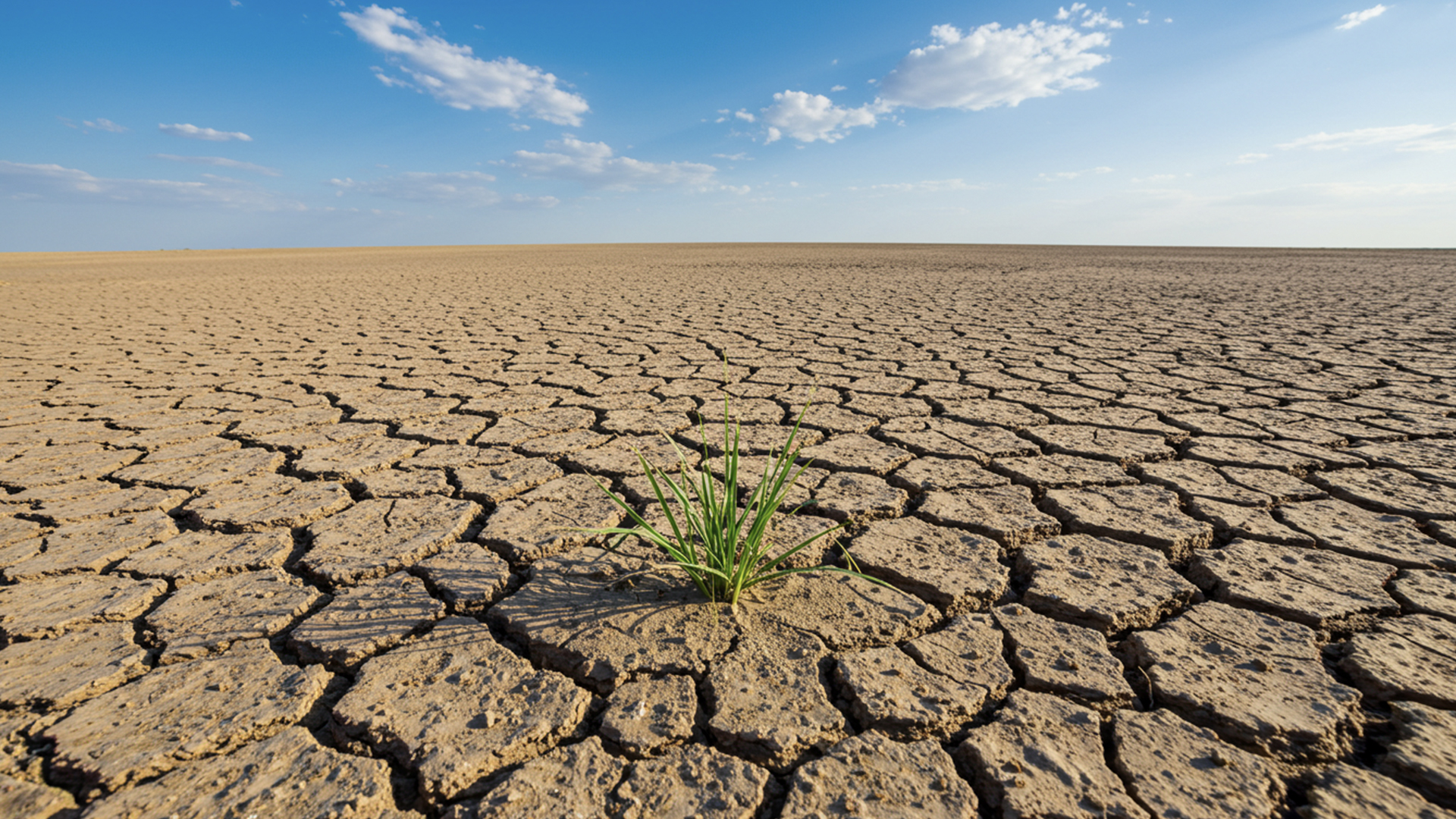The Impact of Digital Transformation in the Fight Against Climate Change
26 Mayıs 2025The Impact of Digital Transformation in the Fight Against Climate Change
Climate change stands as one of the greatest global threats of the 21st century. Combating this crisis requires a joint effort—not just from governments, but also from the private sector, individuals, and technology. In recent years, digital transformation has emerged as a powerful force in this fight. But can digitalization truly make a difference in addressing climate change?
What is Digital Transformation?
Digital transformation refers to the process of making businesses, public institutions, and even individuals more efficient, faster, and more sustainable through the use of digital technologies. This includes investments in data-driven decision making, automation, cloud-based systems, and AI applications.
In the context of the climate crisis, digitalization enables more efficient resource use and allows environmental impacts to be measured and managed more transparently.
- Monitoring Climate Change Through Digital Technologies
Understanding the extent of climate change requires advanced tools:
- Satellite imagery systems allow global monitoring of deforestation, rising sea levels, and ice melt.
- AI-based climate modeling can predict the future impacts of greenhouse gas emissions.
- IoT sensors collect real-time environmental data from industries, agriculture, and cities.
This allows for data-driven, effective, and measurable strategies to combat climate change.
- Digitalization in the Energy Sector
The energy sector is responsible for around 73% of global carbon emissions. The shift to decarbonized energy systems is therefore critical.
- Smart meters and smart grids help consumers optimize energy usage.
- Renewable energy plants use AI to forecast production based on weather conditions.
- Energy storage technologies prevent waste and support energy continuity.
At Biotrend Enerji, we maximize the efficiency of biomass power plants through such technologies.
- Tracking Carbon Emissions Digitally
Digital monitoring of carbon emissions enables organizations and cities to:
- Develop realistic decarbonization strategies,
- Improve their ESG (Environmental, Social, and Governance) scores,
- Operate more transparently in carbon markets.
Blockchain-based carbon credit systems are among the emerging solutions in this area.
- Smart Agriculture and Food Sustainability
Agriculture is highly vulnerable to climate change and also contributes 24% of global GHG emissions.
- Drones and sensors gather real-time soil, temperature, and plant health data.
- Agricultural software supports farmers with irrigation and fertilization planning.
- AI algorithms optimize crop yield predictions and reduce emissions.
This creates more sustainable food systems with a lower carbon footprint.
- Waste Management and the Circular Economy
Smart waste management systems using digital sensors optimize waste collection:
- Reducing fuel consumption and emissions from trucks,
- Increasing recycling rates,
- Minimizing landfill usage.
Biotrend Enerji integrates these systems in waste-to-energy projects.
- Smart, Climate-Resilient Cities
Future cities must be both smart and climate-resilient.
- Digital climate dashboards provide real-time data to city administrators.
- Carbon tracking platforms identify urban emission hotspots.
- Transportation optimization systems reduce private car usage.
Digital transformation is not just a trend—it's one of the strongest tools in our fight against climate change. It empowers energy, agriculture, transportation, and waste management sectors to be more sustainable, efficient, and resilient.
At Biotrend Enerji, we believe in a greener future powered by smart, digital solutions.





